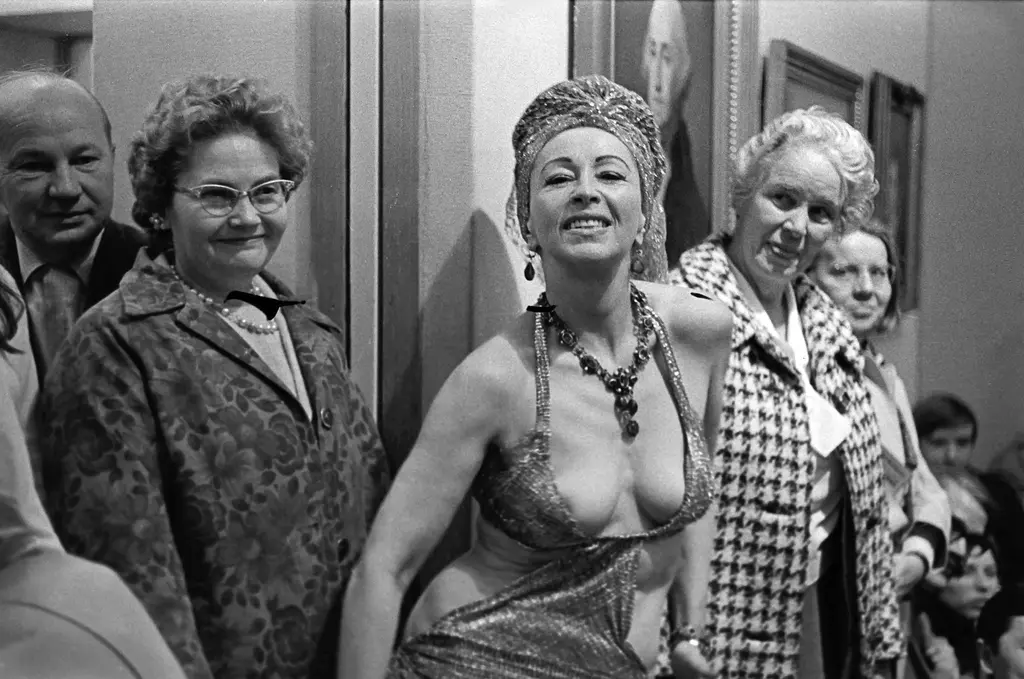How Magic Mushrooms could hold the key to curing depression
- Text by Alex King

Depression is a first world problem. Of course, depression exists worldwide, but it’s a huge and growing problem in wealthy, developed countries. As we get richer, we get more and more unhappy, studies show.
Yet despite up to a third of Europeans and 350 million people globally now suffering from depression and the considerable burden this places on health services, mainstream medicine is remarkably ineffective. Just 50% of patients respond to antidepressants, while around 20% do not respond to any treatment.
Now British researchers believe they have discovered the most effective treatment yet: Magic Mushrooms. The Beckley/Imperial Research Programme study, led by Dr Robin Carhart-Harris, gave 12 patients suffering from treatment-resistant depression two separate doses of psilocybin seven days apart, together with psychological support.
A remarkable 67% of patients were depression free one week after treatment, with 42% still in remission three months later, according to findings published in the Lancet Psychiatry. Patients had suffered an average of over 18 years of depression and had found no respite in any other treatment.
Amanda Fielding, founder of the Beckley Foundation, which is pioneering the new wave of psychedelics research, says. “It is very exciting that our latest psilocybin study paves the way for a new treatment for depression. For the first time in many years, people who were at the end of the road with currently available treatments reported decreased anxiety, increased optimism and an ability to enjoy things. This is an unparalleled success and could revolutionise the treatment of depression.”
It is still unclear whether the effects were caused by purely chemical changes within the brain, or whether the psychedelic experience itself, described by participants as ‘mystical’ or ‘spiritual’, helped shift ingrained thought patterns.
This small scale study is just the first step towards developing effective treatment for depression. The initial positive findings would have to be replicated in larger clinical trials before a suitable treatment is available to patients.
Drug controls place significant barriers in the way of further research. In this study, Imperial College London’s Dr. David Nutt, who oversaw the research, estimated the cost of each dosage rose from £30 to £1,500 due to legal hurdles.
Combined with the Beckley/Imperial Research Programme’s groundbreaking study into LSD’s effects on the brain last month, researchers are confident that a growing weight of evidence into potential benefits will overcome resistance in the medical establishment. Taken together, the initial findings support how changes in consciousness induced by psychedelics could become invaluable tools for psychiatry and psychotherapy.
Find out more about The Beckley/Imperial Research Programme’s psilocybin study.
Enjoyed this article? Like Huck on Facebook or follow us on Twitter.
You might like

Remembering New York’s ’90s gay scene via its vibrant nightclub flyers
Getting In — After coming out in his 20s, David Kennerley became a fixture on the city’s queer scene, while pocketing invites that he picked up along the way. His latest book dives into his rich archive.
Written by: Miss Rosen

On Alexander Skarsgård’s trousers, The Rehearsal, and the importance of weirdos
Freaks and Finances — In the May edition of our monthly culture newsletter, columnist Emma Garland reflects on the Swedish actor’s Cannes look, Nathan Fielder’s wild ambition, and Jafaican.
Written by: Emma Garland

Capturing life in the shadows of Canada’s largest oil refinery
The Cloud Factory — Growing up on the fringes of Saint John, New Brunswick, the Irving Oil Refinery was ever present for photographer Chris Donovan. His new photobook explores its lingering impacts on the city’s landscape and people.
Written by: Miss Rosen

Susan Meiselas captured Nicaragua’s revolution in stark, powerful detail
Nicaragua: June 1978-1979 — With a new edition of her seminal photobook, the Magnum photographer reflects on her role in shaping the resistance’s visual language, and the state of US-Nicaraguan relations nearly five decades later.
Written by: Miss Rosen

A visual trip through 100 years of New York’s LGBTQ+ spaces
Queer Happened Here — A new book from historian and writer Marc Zinaman maps scores of Manhattan’s queer venues and informal meeting places, documenting the city’s long LGBTQ+ history in the process.
Written by: Isaac Muk

Nostalgic photos of everyday life in ’70s San Francisco
A Fearless Eye — Having moved to the Bay Area in 1969, Barbara Ramos spent days wandering its streets, photographing its landscape and characters. In the process she captured a city in flux, as its burgeoning countercultural youth movement crossed with longtime residents.
Written by: Miss Rosen